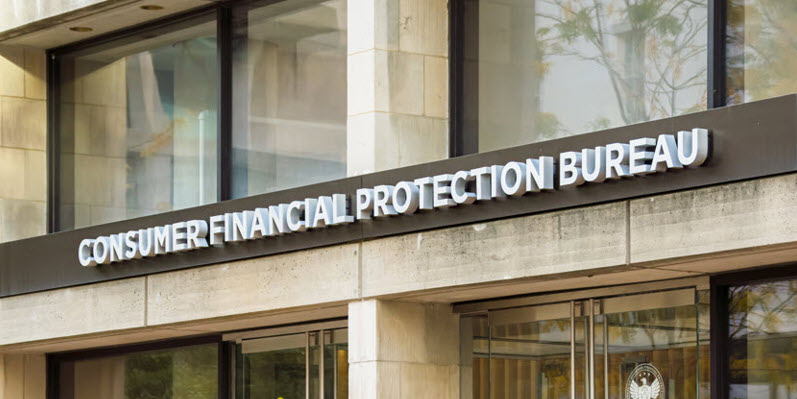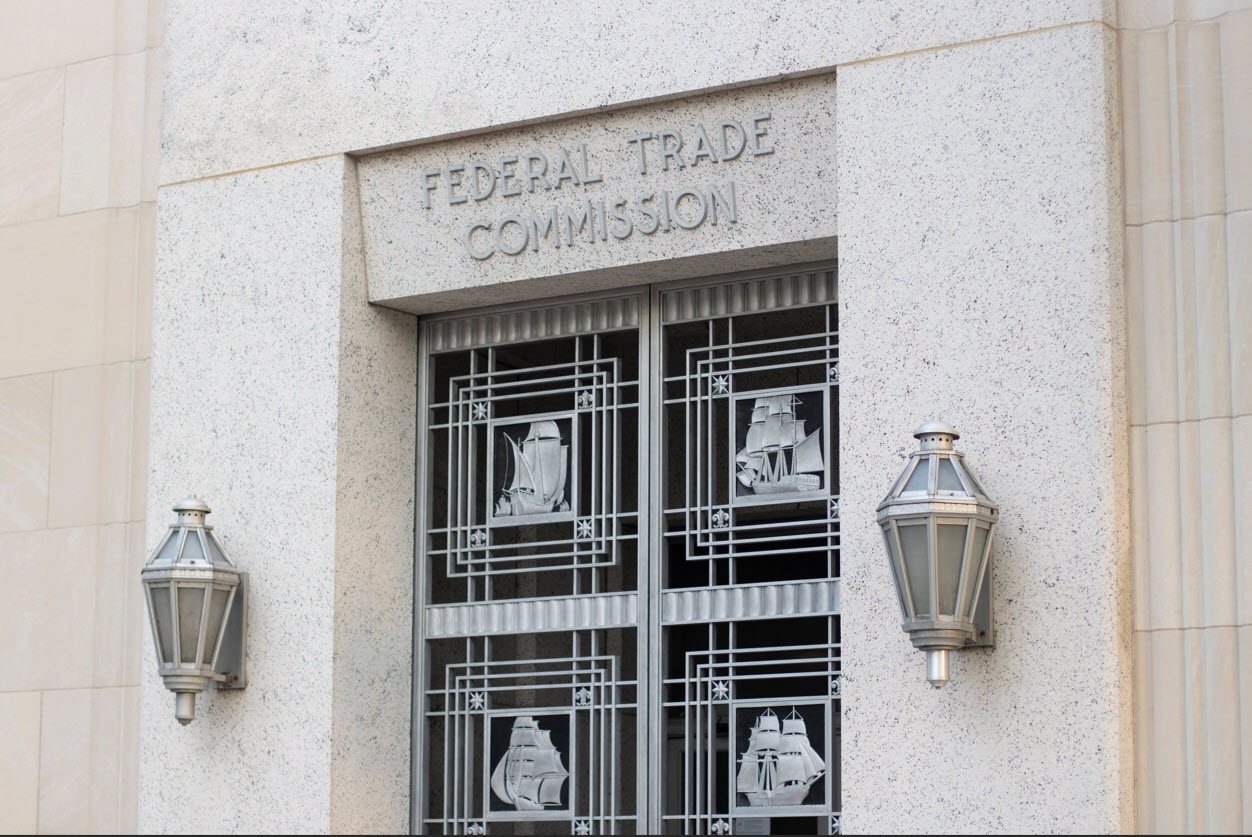The Trump administration took steps over the weekend to significantly limit the operations of the Consumer Financial Protection Bureau (CFPB), an independent agency established to safeguard consumers from corporate fraud. The move is part of a broader effort to restructure federal agencies.
CFPB Ordered to Cease Operations
Russ Vought, the newly confirmed director of the Office of Management and Budget (OMB) and acting head of the CFPB, issued an email to bureau employees on Saturday outlining new restrictions. In the directive, Vought ordered staff to halt all proposed and formal rule-making, suspend ongoing and new investigations, cease stakeholder engagements, and refrain from issuing public communications. He described the move as a necessary step to ensure responsible use of the agency’s resources while implementing President Trump’s policies.
This decision follows the dismissal of former CFPB Director Rohit Chopra last week. Late Friday, the administration appointed Vought as acting director, according to sources familiar with the matter. Previously, Vought served as OMB director during Trump’s first term and played a role in developing the Heritage Foundation’s Project 2025.
Funding Freeze and Criticism
Vought also announced on social media that the CFPB would not be requesting additional unappropriated funds from the Federal Reserve, citing concerns over the agency’s financial balance. He argued that cutting off this funding stream was necessary to address what he described as the CFPB’s “unaccountability.”
The agency, which began operations in 2011 under the Obama administration as part of the Dodd-Frank Act, has long been a target for conservatives. Senator Elizabeth Warren, a key architect of the CFPB, criticized the move, stating that the bureau has returned over $21 billion to consumers. She accused Vought of giving “big banks and giant corporations the green light to scam families.”
Legal Challenges from Employees’ Union
In response to Vought’s directives, the National Treasury Employees Union filed two lawsuits against him on Sunday. One lawsuit seeks to block the Department of Government Efficiency (DOGE) from accessing CFPB employee data, while the other challenges Vought’s directive to halt agency operations.
According to the lawsuits, Vought instructed employees to stop supervision and enforcement activities and granted access to CFPB’s internal systems to three DOGE-affiliated staffers. The union contends that these individuals should not have access to sensitive employee information, warning that improper disclosures could cause irreversible harm.
The lawsuits cap a turbulent weekend for the CFPB, which has been effectively sidelined under Vought’s leadership. Additionally, employees were informed that the bureau’s Washington, D.C., headquarters would be closed for the week.
Broader Implications
The future of the CFPB remains uncertain as legal battles unfold and the agency’s role in consumer protection hangs in the balance. With ongoing political debates over its independence and funding structure, the outcome of these changes could have lasting effects on financial oversight in the U.S.
Sign Up for the Twice Monthly Newsletter
Just enter your email address at the top orange bar at:
Collection Compliance Experts – “The Power of Expertise: Oversight Perfected”
It’s that easy! Twice a month – we provide blog updates and Resources for the Collection and Industry Professional.
Your email is just for this newsletter. We never sell your information. No fee. Opt-out at any time.

Author: Jennifer Evancic
Jennifer.Evancic@ResourceManagement.com
Jennifer Evancic is a third-party auditor valued by creditors and large organizations for her knowledge in call monitoring within the collections industry. With meticulous attention to detail and a firm grasp of regulatory requirements, she ensures compliance with clients’ criteria and state and federal regulations.
Jennifer audits collections calls, ensuring they meet client-specific criteria and comply with regulations, providing valuable insights and maintaining industry standards.
Beyond her auditing responsibilities, Jennifer takes the lead in organizing and facilitating monthly call calibrations. These sessions serve as a collaborative forum where clients and their vendors come together to discuss call monitoring results and address any findings or areas for improvement. Jennifer’s guidance fosters open communication and ensures alignment between clients and vendors, driving continuous improvement in collections practices.
Jennifer stays up-to-date with compliance and industry best practices by participating regularly in peer meetings, regulatory updates and industry webinars. This keeps her informed about emerging issues and ensures she remains a knowledgeable leader in collections compliance.




